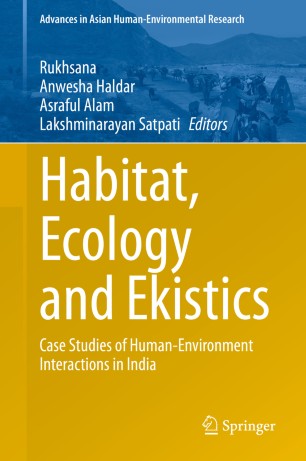

Most ebook files are in PDF format, so you can easily read them using various software such as Foxit Reader or directly on the Google Chrome browser.
Some ebook files are released by publishers in other formats such as .awz, .mobi, .epub, .fb2, etc. You may need to install specific software to read these formats on mobile/PC, such as Calibre.
Please read the tutorial at this link: https://ebookbell.com/faq
We offer FREE conversion to the popular formats you request; however, this may take some time. Therefore, right after payment, please email us, and we will try to provide the service as quickly as possible.
For some exceptional file formats or broken links (if any), please refrain from opening any disputes. Instead, email us first, and we will try to assist within a maximum of 6 hours.
EbookBell Team

0.0
0 reviewsThis volume uses an innovative and interdisciplinary approach to assess various issues resulting from human-environment interactions in relation to sustainable development. The book encompasses theoretical and applied aspects, using both thematic and regional case studies from India, to highlight the impact of human-environment interactions at various spatio-temporal scales, with each study focusing on a particular anthropogenic issue, particularly in an Indian context. The book's three focal themes (e.g. habitat linkages, ekistics and social ecology, hazard and environmental management) elaborate the essential components of human-environment interactions with nature, its impact on the surrounding natural and social environments, and management techniques through research innovations. Readers will learn how maladjustments, disturbances and disasters are often inevitable byproducts of human-environment systems, and what conceptual and practical strategies can be applied towards sustainable coexistence. The book will be of interest to students, academics and policymakers engaged in environmental management, human-environment interactions and sustainable development.